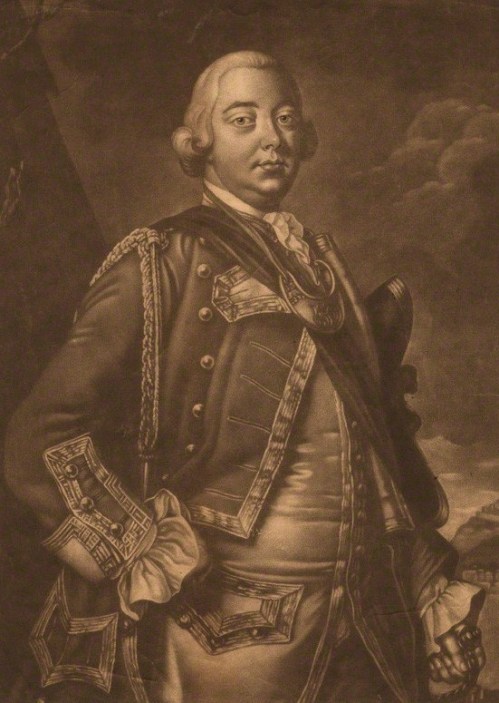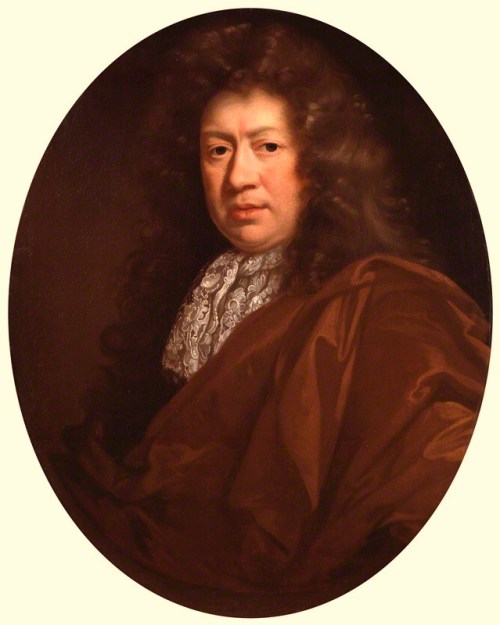This book has a little bit of everything. It will serve to introduce most readers to Captain John Scott – an early settler on Long Island who lobbied to make Long Island the 14th English colony in North America, with himself as governor and, who traveled extensively in the Caribbean, authoring a History and Description of the River of Amazones and playing a key role in determining the boundary between Spanish Venezuela and British Guyana. Despite being much praised by American historians he is also the principal accuser in the plot leading to the charge of treason and subsequent imprisonment of Samuel Pepys in 1679.
One day in October 1678 Samuel Pepys made an enemy. He had never met the man, and the man did not know him. But these were strange times, and a sequence of events was now set in train that would almost cost Pepys his life: during the year that followed, he was in real danger of being convicted of high treason, for which the punishment was hanging, disembowelment and decapitation. What started it all was a hunt for a murderer. A London magistrate, Edmund Godfrey, had been found with a sword through his belly, and at a time of anti-Catholic hysteria it was widely believed that he had been assassinated by Jesuits, who feared that he was about to expose their ‘Popish Plot‘. Two days later a suspicious-looking man arrived in Gravesend, and talked his way on to a departing ship. Pepys, who was not only Admiralty Secretary but also a JP for Kent, got involved in the investigation, and tracked down the lodging-house in London which the man had so hastily left. There, to his astonishment, he found copies of secret documents, including an analysis of the strength of the English Navy which Pepys himself had written. While there was no evidence that the man – now identified as a certain Colonel John Scott – was a Jesuit, he was clearly up to no good; so a warrant for his arrest was issued, signed by Pepys. And when Scott learned of this, in France, he conceived an undying hatred for the person who had thus blocked his return to England.
In the end, Pepys did not get his day in court: the prosecution withered, and the accused were allowed to go free. Perhaps the prosecutors were rattled by Pepys’s investigations, which they knew were taking place. But in any case the political wind had shifted. The results of these enquiries were copied into two manuscript volumes, which survive among Pepys’s papers to this day. Much of the detail in James and Ben Long’s fascinating new book, The Plot against Pepys, is drawn directly from them. One of the virtues of this book is that the reader is always aware of the larger political background. For Scott’s vendetta on its own would never have generated this story; he was merely the eager tool of a whole set of politicians, each of whom seems to have been lining up to put the knife into Samuel Pepys. But this is not just a book for Pepys buffs. It is a work to be enjoyed both as a powerful detective story, and as a fascinating entrée into the paranoid-populist world of politics in late 17th-century England.

To be a rascal is bad; to be a great rascal is doubtless worse; but to be embalmed in biographical dictionaries for pure rascality unadorned with the gilding of politics, of high finance, of romance, a rascality not even made respectable by success of all failures in the conflict between man and oblivion this is perhaps the worst. To match one’s wit against the world; to gain place and competence; to share in affairs which might almost be reckoned great; and, on the very threshold of achievement which would have drowned the one memory of misdeeds and perpetuate one’s name as soldier, savant, adventurer, empire-builder or what not, to find the way barred by duller and more honest men, or by more accomplished scoundrels this is a hard case. And it is not lightened by the sight of luckier or more eminent associates going on to wealth and power and a certain measure of immortality while one is himself thrust back into the old nothingness again. Is not this the crowning tragedy of rascality? Such is the tragedy of John Scott, sometime colonist and soldier, sometime royal geographer and the agent if not the confidant of the great; always adventurer, and, save for circumstances beyond his wit and skill, and, we may add, perhaps beyond his character, lord of Long Island, and the founder of a fourteenth original colony in North America; now but the shadow of a shade of a dead rascal, whose life serves to while away an hour or two, perhaps at best to point a moral and adorn a tale.
It is 1679 and England is awash with suspicion. Fear of conspiracy and religious terrorism has provoked panic in politicians and a zealous reaction from the legal system. Everywhere, Catholic agents are plotting to overthrow the King or so it is feared.
Now Samuel Pepys, Secretary of the Admiralty, finds himself in a position few people then or now would have expected charged with treason and facing a show trial and execution. Imprisoned in the Tower of London and abandoned by the embattled King he loyally served, Pepys sets to work with customary brilliance investigating his mysterious accuser, Colonel John Scott, and uncovers a life riddled with ambition, forgery, treason and, ultimately, murder.
One part history, one part bone-rattling suspense, James Long and Ben Long brilliantly evoke a turbulent period in England s history and tell the forgotten story of the two most dangerous years in the life of the legendary diarist.



